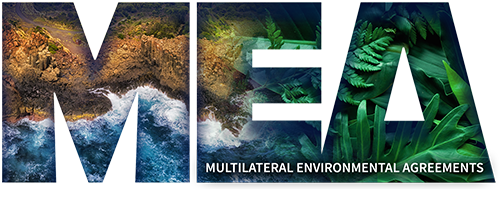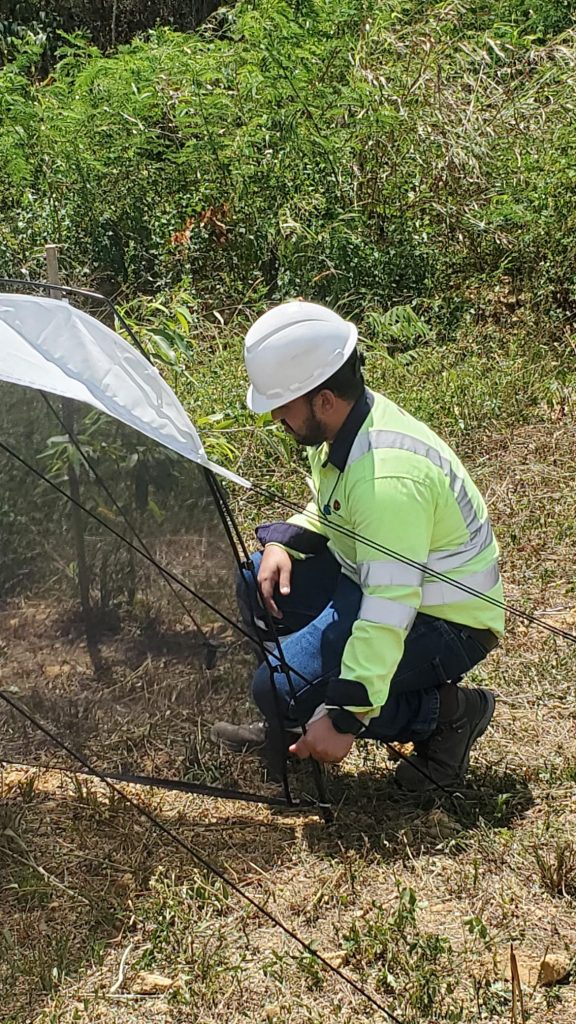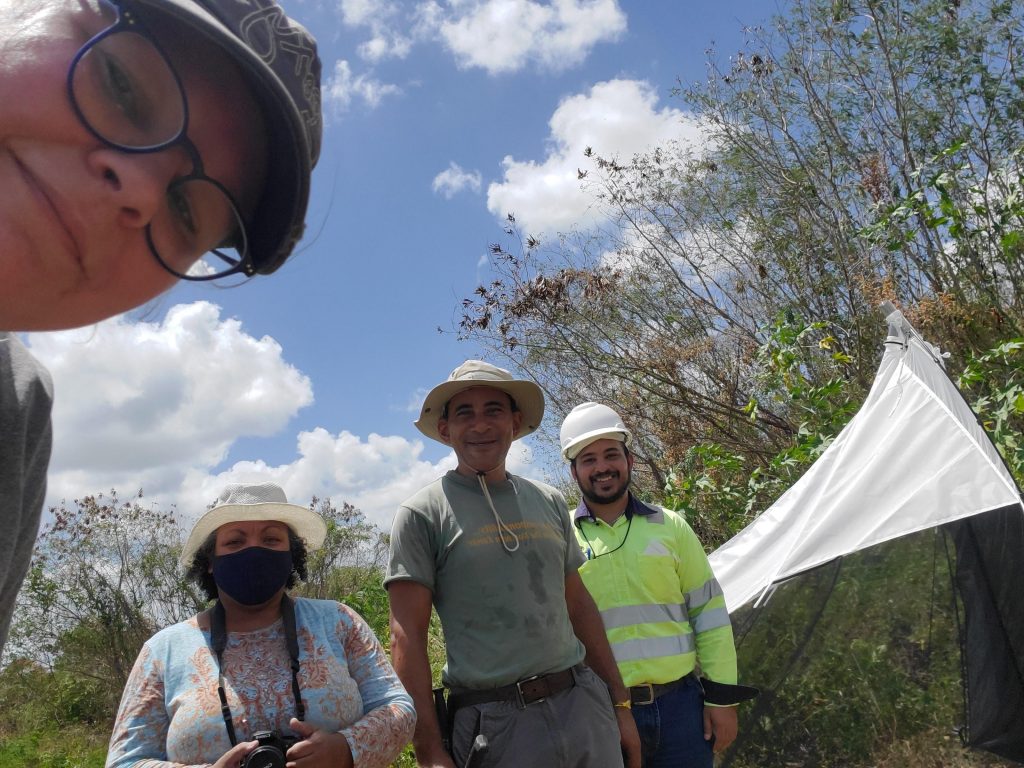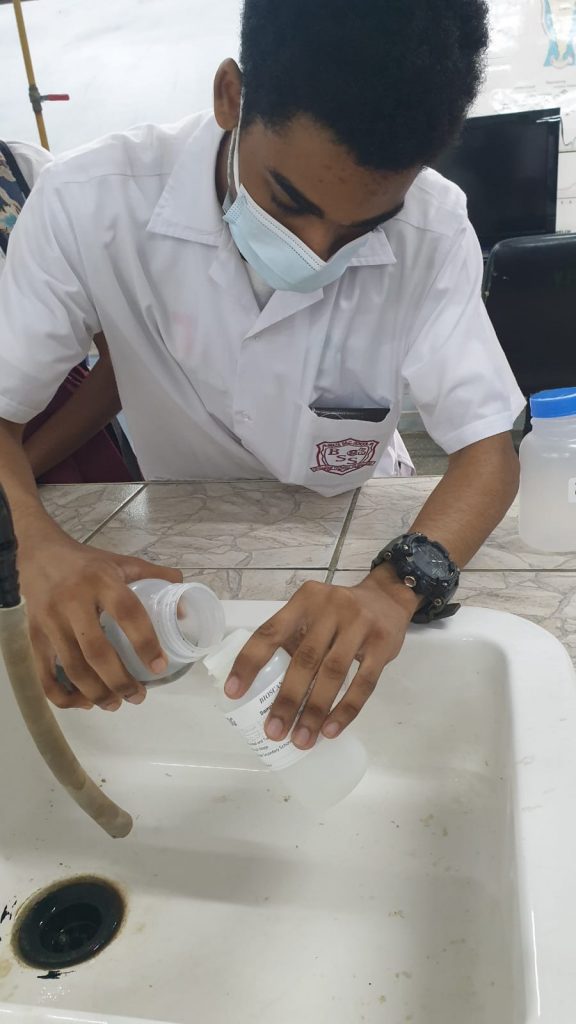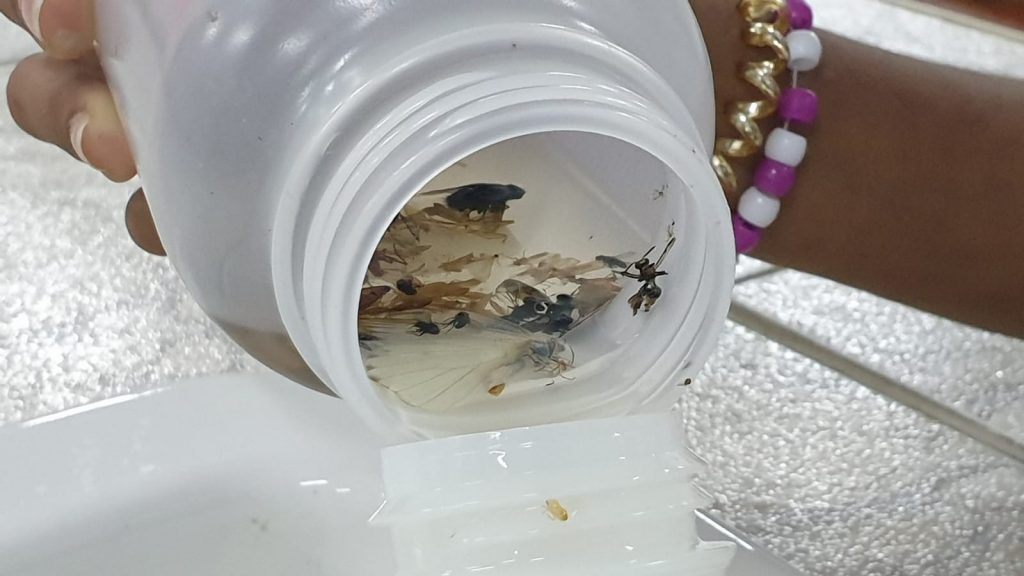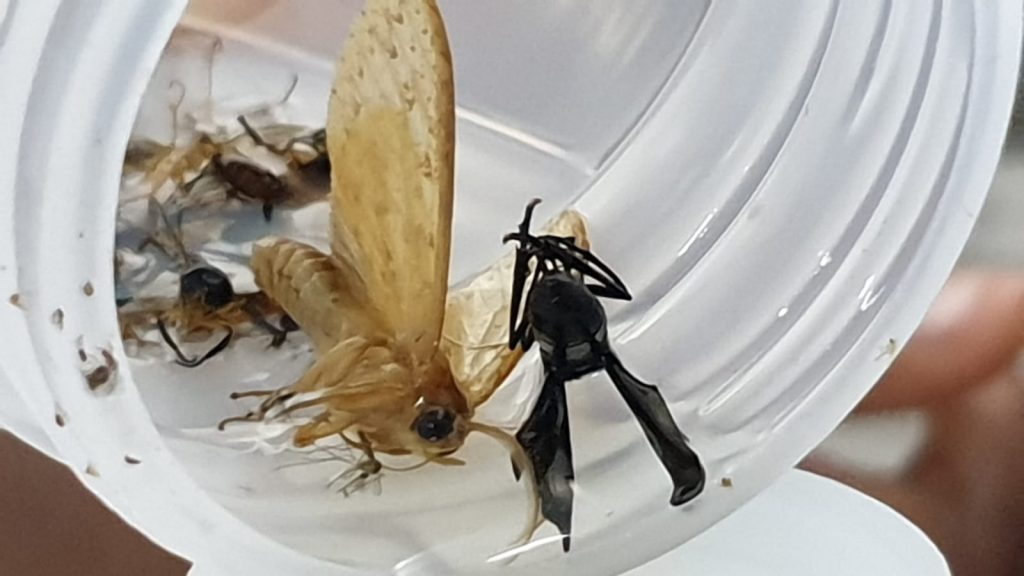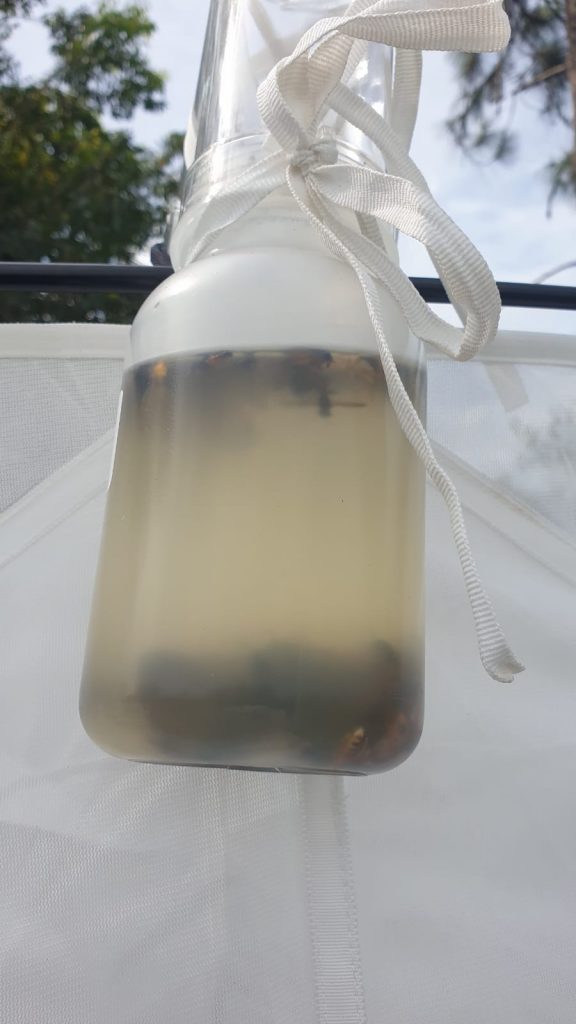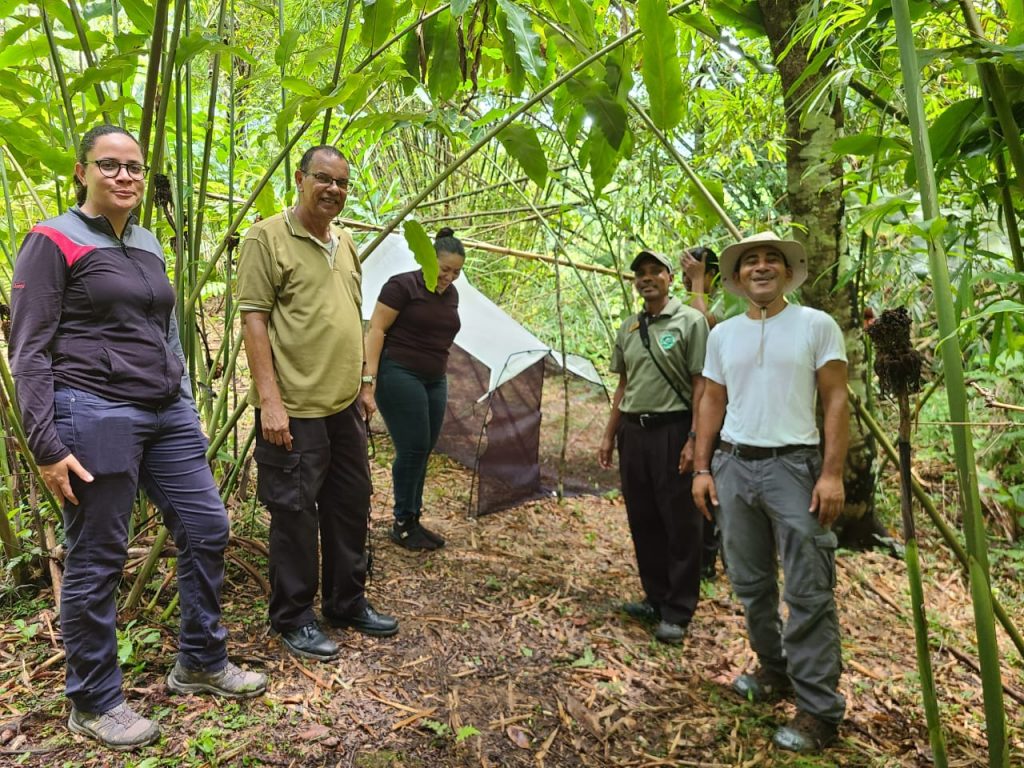Few groups of species are simultaneously as important and as understudied as invertebrates – they make up more than 97% of all known species, are essential to the health of virtually every ecosystem and are also severely underrepresented in conservation decisions and endangered species protection lists. A lack of research means that there often simply isn’t enough data available to make decisions about their protection. The BIOSCAN programme, a first of its kind initiative in Trinidad and Tobago which is employing DNA barcoding to map out local flying insect populations, is laying the foundation to address that.
BIOSCAN is a collaborative global undertaking to chart worldwide biodiversity by the International Barcode of Life Consortium (iBOL) with a current focus on flying insects. It is led locally by the Ministry of Planning and Development and kicked off in April 2023 with the setting up of Malaise traps at Brazil Secondary School and TCL’s Mayo Quarry Rehabilitation Site. Two more traps were subsequently set up at the Asa Wright Nature Centre and Main Ridge Tobago to cover a diverse range of local environments. The traps will be maintained for a period of two years through partnerships with the private sector, NGOs and students and teachers. Every specimen collected will be identified, photographed and DNA barcoded – widely mapping insect genetic biodiversity for the first time in T&T.
Insects are incredibly diverse – they have a many crucial roles in maintaining ecosystems and human health. Many are pollinators, and therefore are extremely vital for commercial food production and national food security, but they also maintain native plants that provide habitats for other species – like those that are hunted for food and species that provide tourist attractions. Additionally, many species of flying insects provide other ecosystem services such as decomposition, nutrient cycling, and food for other organisms higher up in the food webs, among many others.
Despite this however, international research and conservation efforts have historically focused instead on larger, more charismatic species. Invertebrates are small, very difficult to identify and count, and have had to combat the incorrect perception of being viewed as unimportant despite their fundamental role in maintaining ecosystems.
The BIOSCAN programme will help establish baselines for species which can be used towards the development of monitoring programmes and policy to protect critical groups. Many species also function as environmental health indicators and thusly they can reveal where attention needs to be directed. All data collected through the programme will go onto open access database, freely accessible to all to support further study.
Another possible exciting outcome of BIOSCAN? The potential for the discovery of new insect species in Trinidad and Tobago by the end of the two year period.
Read more about the global BIOSCAN Programme here: https://ibol.org/bioscan/
